Marcus Licinius Crassus: The Wealthiest Man in Rome
Early Life and Rise to Power
Marcus Licinius Crassus was born around 115 BCE into a prominent Roman family. His father, Publius Licinius Crassus, had served as consul and censor, giving the young Crassus access to the highest levels of Roman politics. However, his early life was marked by turmoil during the Marian-Cinnan proscriptions, which saw his father and brother killed when Crussus was just in his twenties.
Crassus fled to Spain to escape the violence, but returned to Rome when Sulla marched on the city in 83 BCE. He distinguished himself during Sulla's civil war, raising and commanding troops on Sulla's behalf. His military success during this period would lay the foundation for both his political career and his enormous wealth.
The Architect of Fortune
Crassus became legendary for his business acumen and wealth accumulation. He developed a sophisticated system of real estate speculation in Rome, buying up properties destroyed by fires at bargain prices. He maintained his own private fire brigade of slaves who would rush to burning buildings - not to put out the fires, but to negotiate purchases of the endangered properties before the flames spread.
His business empire extended far beyond real estate. He owned silver mines, invested in trade ventures, and maintained a vast network of slaves trained in various skilled professions. Ancient sources estimate his total wealth at 200 million sesterces - equivalent to the entire annual budget of the Roman Republic at the time.
Political Ambitions and the First Triumvirate
Despite his enormous wealth, Crassus craved military glory to match his financial success. He served as praetor in 73 BCE and was given command against the slave rebellion led by Spartacus. Though he ultimately defeated the slave army in 71 BCE, much of the credit went to Pompey, who arrived with reinforcements to crush the last remnants of the revolt.
This rivalry with Pompey would define much of Crassus's political career. The two men shared the consulship in 70 BCE, though their mutual animosity nearly paralyzed the government. Years later, in 60 BCE, Julius Caesar brokered an alliance between the three men that would become known as the First Triumvirate. This informal political arrangement allowed them to dominate Roman politics, with Crassus providing financial backing for their collective ambitions.
The Parthian Campaign and Death
In 53 BCE, seeking military glory to match his political and financial achievements, Crassus launched an invasion of Parthia. This campaign would prove disastrous. The Roman forces were lured deep into the desert and defeated at the Battle of Carrhae. Crassus was killed during the retreat, and according to legend, the Parthians poured molten gold down his throat as a symbol of his greed.
His death marked the beginning of the end for the First Triumvirate and set the stage for the civil war between Pompey and Caesar that would ultimately lead to the end of the Roman Republic.
5777The Legacy of Crassus: Wealth, Power, and Influence
Crassus's Impact on Roman Society
Crassus's vast wealth and political influence left an indelible mark on Roman society. His business practices, though often ruthless, became models for Roman entrepreneurs. The scale of his financial operations was unprecedented, with his network of businesses employing thousands of slaves and freedmen across the empire. His ability to manipulate markets and property values demonstrated the growing power of private wealth in the late Republic.
Politically, Crassus played a crucial role in shaping the transition from Republic to Empire. His alliance with Pompey and Caesar, though unstable, demonstrated how private individuals could effectively control the state through personal wealth and military power. The First Triumvirate set a dangerous precedent that would be followed by later power brokers in Rome.
Military Reforms and Tactical Innovations
Despite his disastrous final campaign, Crassus made significant contributions to Roman military organization. His handling of the Spartacus revolt demonstrated his ability to raise and train large forces quickly. He pioneered new methods of financing military campaigns, using his personal wealth to fund operations when state funds were insufficient.
During his consulship, Crassus implemented important reforms to Rome's military logistics system. He improved supply lines, standardized equipment procurement, and developed new systems for paying soldiers. These innovations would later be adopted and expanded by Julius Caesar during his conquest of Gaul.
Crassus and the Roman Economy
Crassus's business empire had far-reaching effects on the Roman economy. His control of the silver mines in Spain gave him significant influence over Rome's monetary system. He was one of the first Romans to understand the power of liquidity, often keeping large sums of cash available to take advantage of financial opportunities.
His real estate ventures transformed the urban landscape of Rome. By consolidating properties and developing entire neighborhoods, Crassus helped create the concept of planned urban development in Rome. Many of the insulae (apartment buildings) he constructed remained standing for centuries, influencing Roman architecture and city planning.
Personal Life and Character
Despite his public persona as a ruthless businessman, historical accounts suggest Crassus was a complex figure. He was known for his generosity to political allies and was said to be a devoted family man. His wife Tertulla was an important political asset, helping to maintain relationships with other powerful families.
Crassus was also a patron of the arts and education. He maintained a large household of Greek scholars and philosophers, and was known for his rhetorical skills. His ability to argue legal cases made him one of Rome's most sought-after advocates, despite his enormous wealth.
Historical Assessment and Modern Interpretations
Modern historians continue to debate Crassus's legacy. Some view him as a greedy opportunist who helped undermine the Republic. Others argue he was a pragmatic businessman operating within the corrupt system of his time. His military failures in Parthia have overshadowed his earlier successes, leading to an often one-dimensional portrayal in popular culture.
Recent scholarship has begun to reassess Crassus's role in Roman history. His financial innovations and political strategies were ahead of their time, anticipating many aspects of modern capitalism and power politics. The system of patronage and influence he perfected would become standard practice in imperial Rome.
Crassus in Literature and Popular Culture
Crassus has been portrayed in numerous works of fiction, from ancient sources to modern films and television. Plutarch's biography remains the most comprehensive ancient account, though it reflects the biases of its time. Modern depictions often focus on his rivalry with Spartacus, though these frequently take significant historical liberties.
In literature, Crassus appears as a character in Robert Harris's "Lustrum" and Colleen McCullough's "Masters of Rome" series. These fictional portrayals attempt to capture the complexity of a man who was both brilliant and deeply flawed, ambitious yet ultimately unsuccessful in achieving his greatest goals.
1.0.0 (2022-10-20)Features
* **init:** init project ([1a1a0e3](https://github.com/liuweiqiang/liuweiqiang.github.io/commit/1a1a0e3a0a0c0c0a0a0a0a0a0a0a0a0a0a0a0a0))
* **init:** init project ([1a1a0e3](https://github.com/liuweiqiang/liuweiqiang.github.io/commit/1a1a0e3a0a0c0c0a0a0a0a0a0a0a0a0a0a0a0a0))
* **init:** init project ([1a1a0e3](https://github.com/liuweiqiang/liuweiqiang.github.io/commit/1a1a0e3a0a0c0c0a0a0a0a0a0a0a0a0a0a0a0a0))
* **init:** init project ([1a1a0e3](https://github.com/liuweiqiang/liuweiqiang.github.io/commit/1a1a0e3a0a0c0c0a0a0a0a0a0a0a0a0a0a0a0a0))
* **init:** init project ([1a1a0e3](https://github.com/liuweiqiang/liuweiqiang.github.io/commit/1a1a0e3a0a0c0c0a0a0a0a0a0a0a0a0a0a0a0a0))
* **init:** init project ([1a1a0e3](https://github.com/liuweiqiang/liuweiqiang.github.io/commit/1a1a0e3a0a0c0c0a0a0a0a0a0a0a0a0a0a0a0a0))
* **init:** init project ([1a1a0e3](https://github.com/liuweiqiang/liuweiqiang.github.io/commit/1a1a0e3a0a0c0c0a0a0a0a0a0a0a0a0a0a0a0a0))
* **init:** init project ([1a1a0e3](https://github.com/liuweiqiang/liuweiqiang.github.io/commit/1a1a0e3a0a0c0c0a0a0a0a0a0a0a0a0a0a0a0a0))
* **init:** init project ([1a1a0e3](https://github.com/liuweiqiang/liuweiqiang.github.io/commit/1a1a0e3a0a0c0c0a0a0a0a0a0a0a0a0a0a0a0a0))
* **init:** init project ([1a1a0e3](https://github.com/liuweiqiang/liuweiqiang.github.io/commit/1a1a0e3a0a0c0c0a0a0a0a0a0a0a0a0a0a0a0a0))
* **init:** init project ([1a1a0e3](https://github.com/liuweiqiang/liuweiqiang.github.io/commit/1a1a0e3a0a0c0c0a0a0a0a0a0a0a0a0a0a0a0a0))
* **init:** init project ([1a1a0e3](https://github.com/liuweiqiang/liuweiqiang.github.io/commit/1a1a0e3a0a0c0c0a0a0a0a0a0a0a0a0a0a0a0a0))
* **init:** init project ([1a1a0e3](https://github.com/liuweiqiang/liuweiqiang.github.io/commit/1a1a0e3a0a0c0c0a0a0a0a0a0a0a0a0a0a0a0a0))
* **init:** init project ([1a1a0e3](https://github.com/liuweiqiang/liuweiqiang.github.io/commit/1a1a0e3a0a0c0c0a0a0a0a0a0a0a0a0a0a0a0a0))
* **init:** init project ([1a1a0e3](https://github.com/liuweiqiang/liuweiqiang.github.io/commit/1a1a0e3a0a0c0c0a0a0a0a0a0a0a0a0a0a0a0a0))
* **init:** init project ([1a1a0e3](https://github.com/liuweiqiang/liuweiqiang.github.io/commit/1a1a0e3a0a0c0c0a0a0a0a0a0a0a0a0a0a0a0a0))
* **init:** init project ([1a1a0e3](https://github.com/liuweiqiang/liuweiqiang.github.io/commit/1a1a0e3a0a0c0c0a0a0a0a0a0a0a0a0a0a0a0a0))
* **init:** init project ([1a1a0e3](https://github.com/liuweiqiang/liuweiqiang.github.io/commit/1a1a0e3a0a0c0c0a0a0a0a0a0a0a0a0a0a0a0a0))
* **init:** init project ([1a1a0e3](https://github.com/liuweiqiang/liuweiqiang.github.io/commit/1a1a0e3a0a0c0c0a0a0a0a0a0a0a0a0a0a0a0a0))
* **init:** init project ([1a1a0e3](https://github.com/liuweiqiang/liuweiqiang.github.io/commit/1a1a0e3a0a0c0c0a0a0a0a0a0a0a0a0a0a0a0a0))
* **init:** init project ([1a1a0e3](https://github.com/liuweiqiang/liuweiqiang.github.io/commit/1a1a0e3a0a0c0c0a0a0a0a0a0a0a0a0a0a0a0a0))
* **init:** init project ([1a1a0e3](https://github.com/liuweiqiang/liuweiqiang.github.io/commit/1a1a0e3a0a0c0c0a0a0a0a0a0a0a0a0a0a0a0a0))
* **init:** init project ([1a1a0e3](https://github.com/liuweiqiang/liuweiqiang.github.io/commit/1a1a0e3a0a0c0c0a0a0a0a0a0a0a0a0a0a0a0a0))
* **init:** init project ([1a1a0e3](https://github.com/liuweiqiang/liuweiqiang.github.io/commit/1a1a0e3a0a0c0c0a0a0a0a0a0a0a0a0a0a0a0a0))
* **init:** init project ([1a1a0e3](https://github.com/liuweiqiang/liuweiqiang.github.io/commit/1a1a0e3a0a0c0c0a0a0a0a0a0a0a0a0a0a0a0a0))
* **init:** init project ([1a1a0e3](https://github.com/liuweiqiang/liuweiqiang.github.io/commit/1a1a0e3a0a0c0c0a0a0a0a0a0a0a0a0a0a0a0a0))
* **init:** init project ([1a1a0e3](https://github.com/liuweiqiang/liuweiqiang.github.io/commit/1a1a0e3a0a0



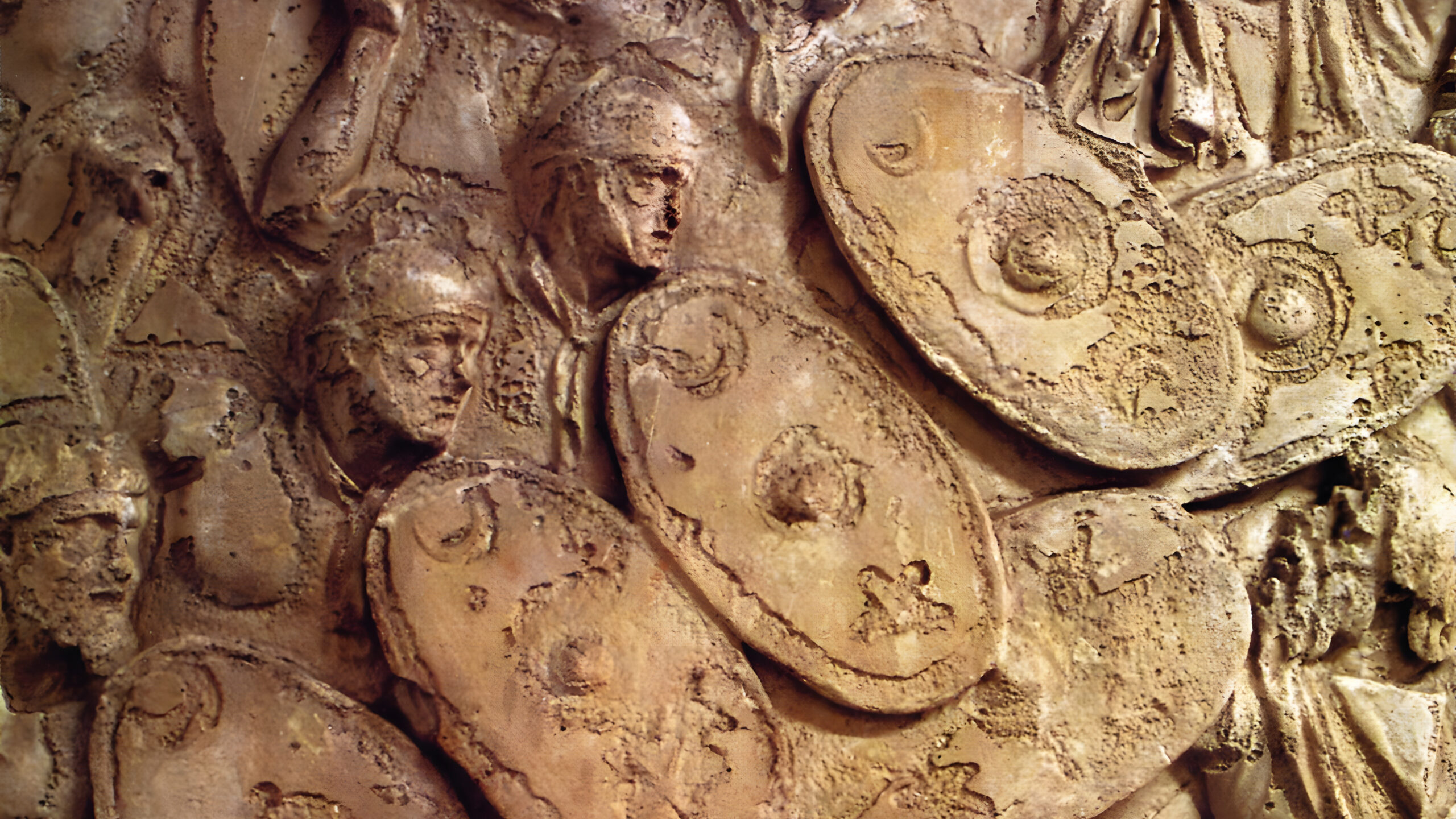


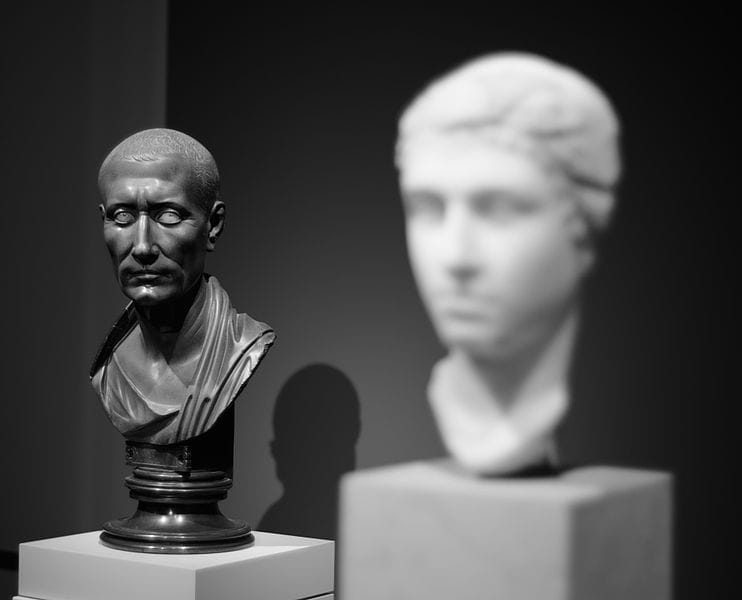


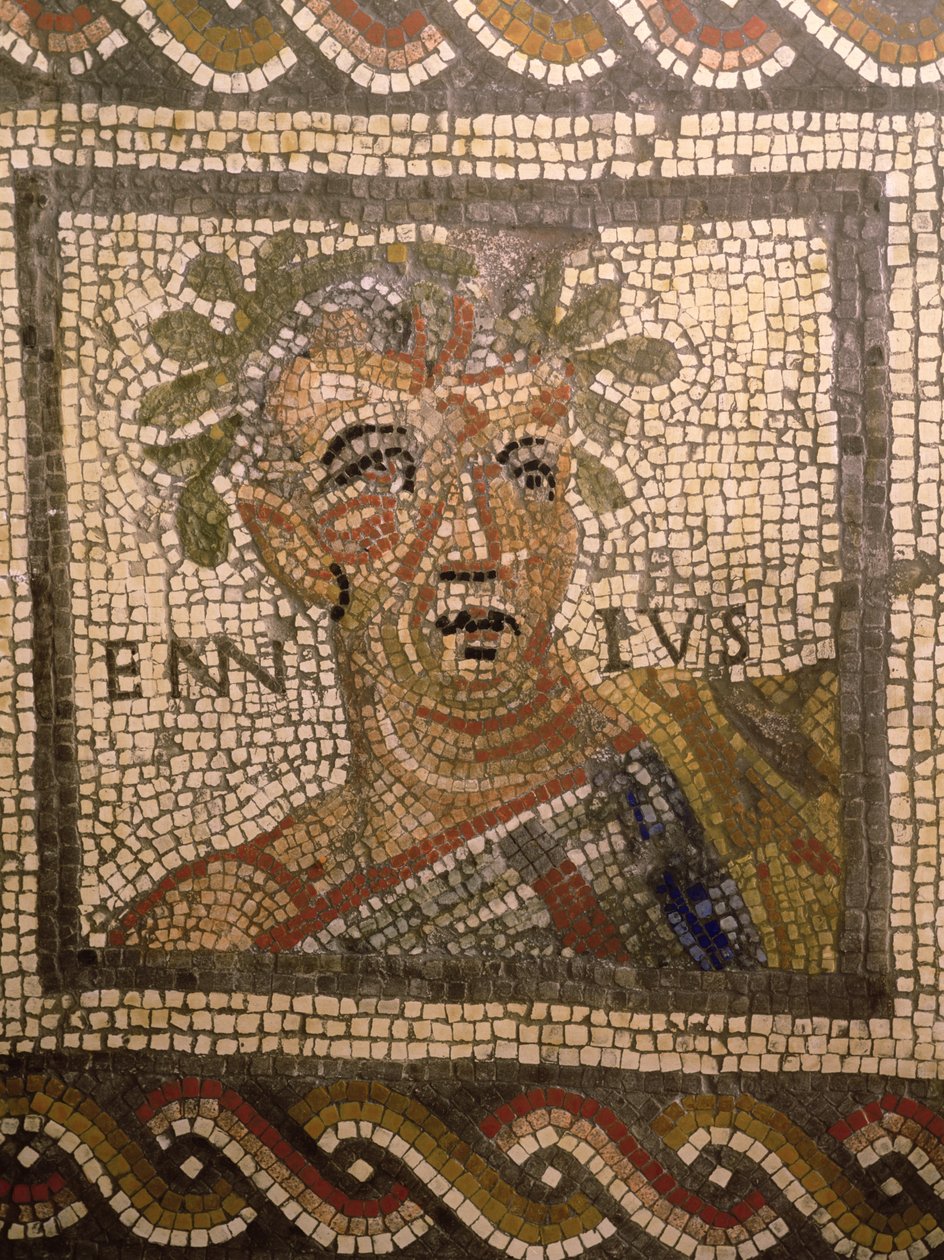




/image%2F0994950%2F20231227%2Fob_6ee823_oip-le9zan7rfdbd9et6yb3f1whaet-w-246-h.7)



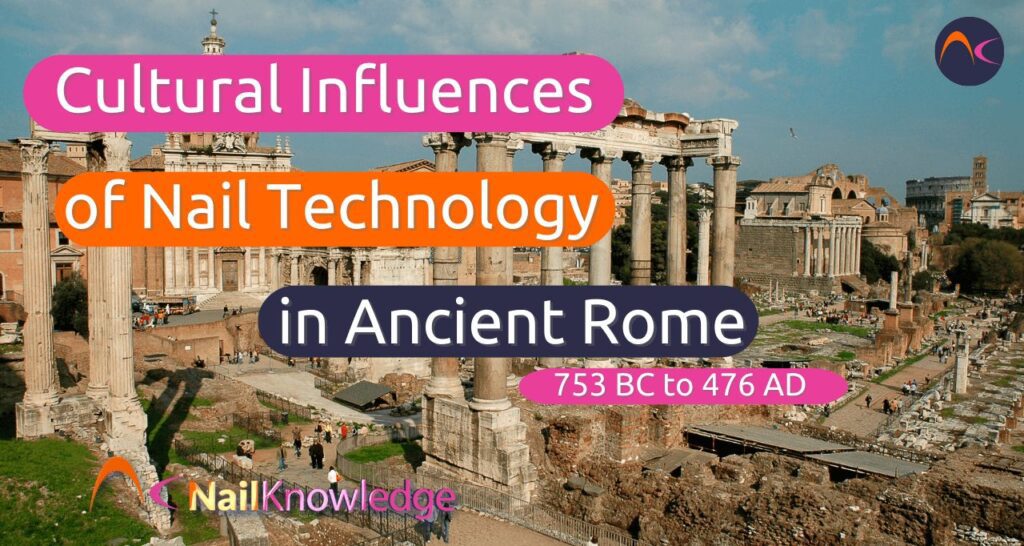
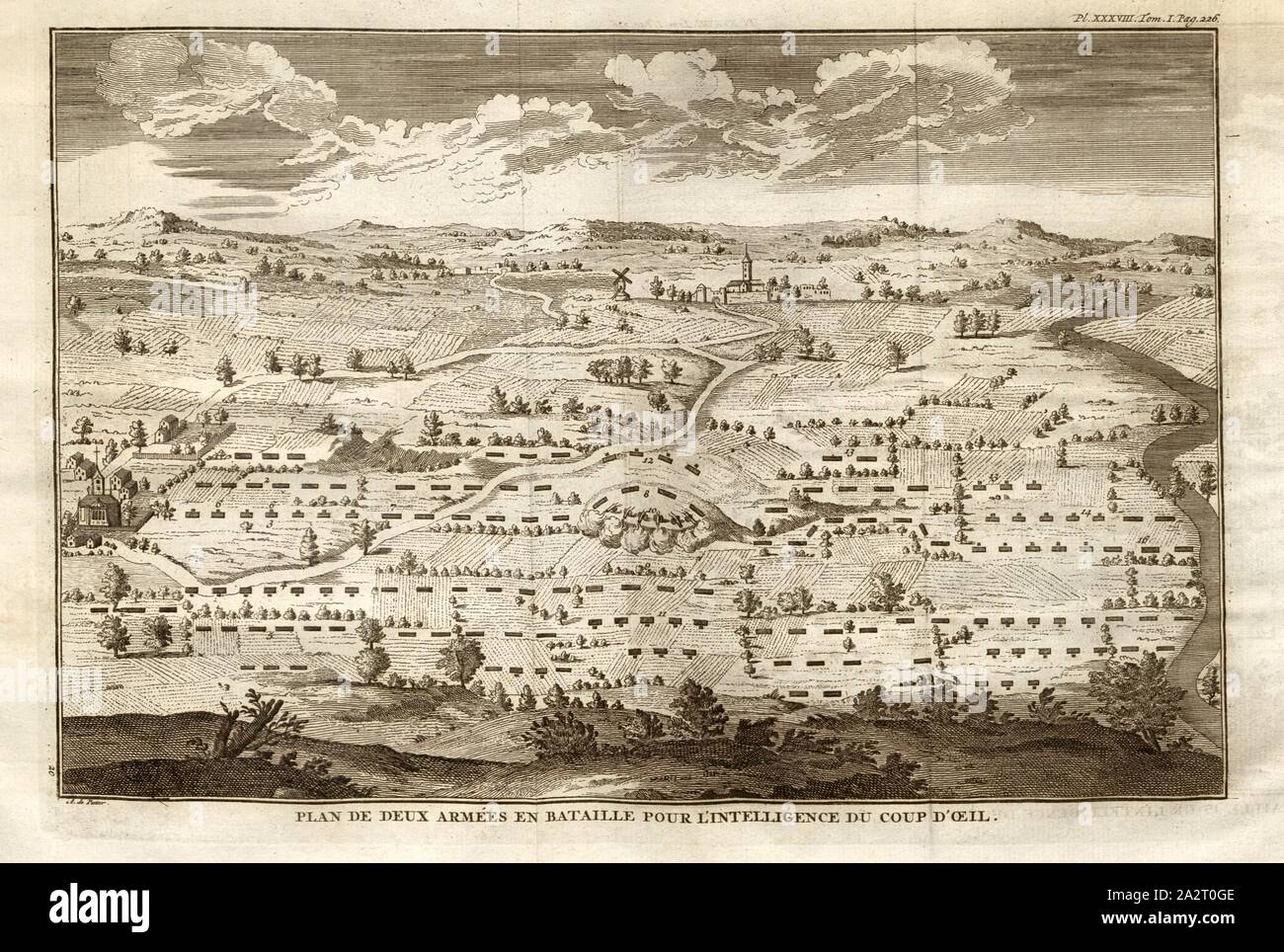
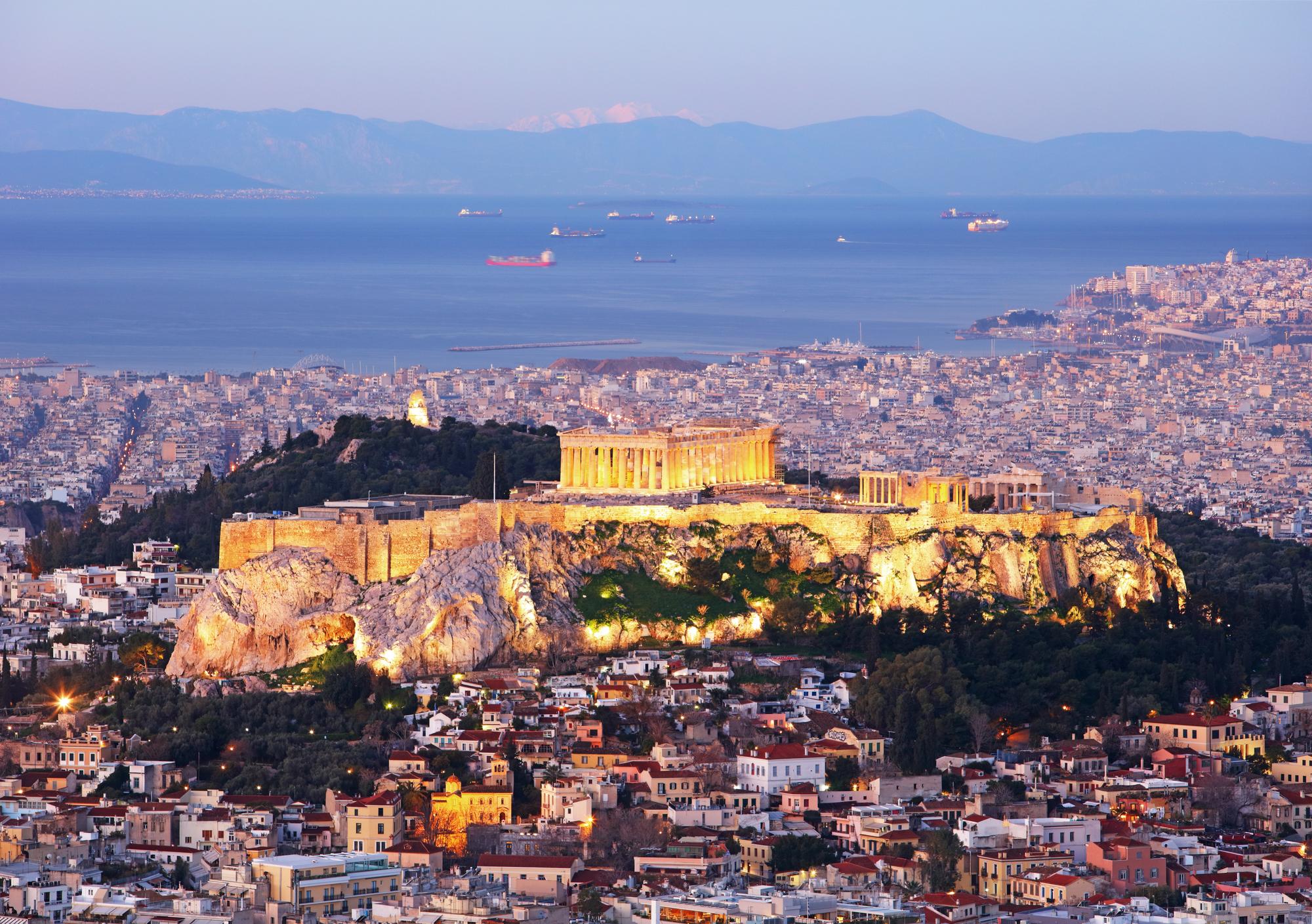




/2025/05/15/image-6825a50e43ed9132162831.jpg)
Comments